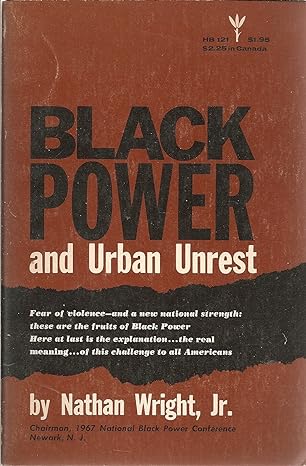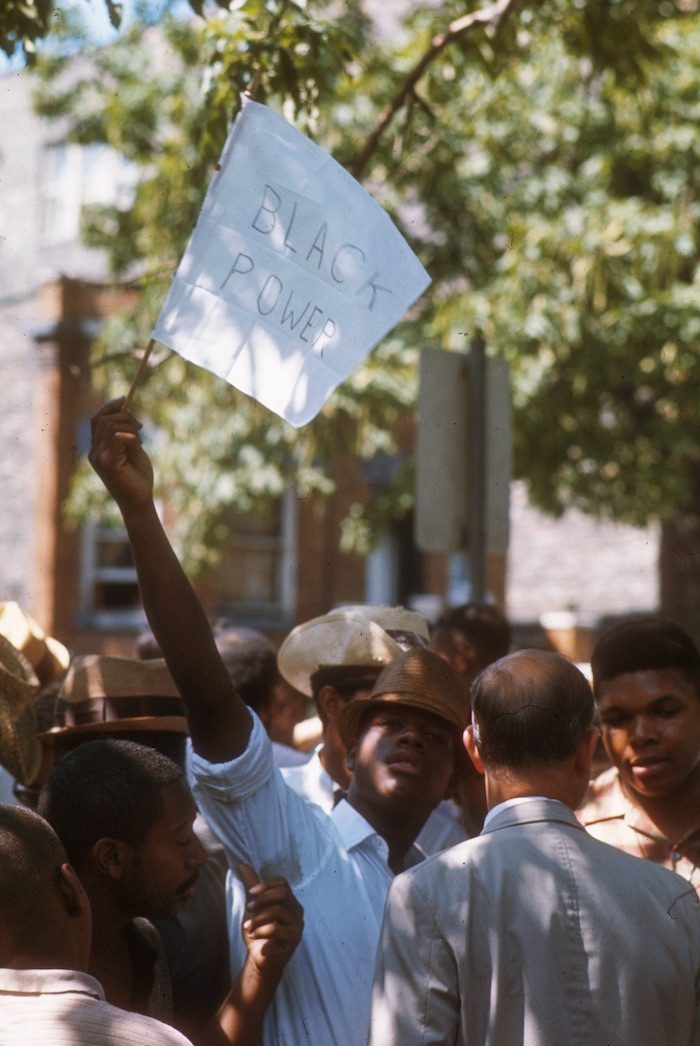 In this post, we commemorate the birthday of Dr. Nathan Wright Jr. A prolific writer of eighteen books, Wright was an internationally renowned scholar whose research focused on the rise of the Black Power movement in the 1960s and 1970s. As an activist, he was seen as a moderating and conciliatory voice that advocated for Black Power as part of the Student Nonviolent Coordinating Committee (SNCC). Wright suggested more aggressive tactics in the struggle for equality, alienating many leaders in the mainstream Civil Rights Movement.
In this post, we commemorate the birthday of Dr. Nathan Wright Jr. A prolific writer of eighteen books, Wright was an internationally renowned scholar whose research focused on the rise of the Black Power movement in the 1960s and 1970s. As an activist, he was seen as a moderating and conciliatory voice that advocated for Black Power as part of the Student Nonviolent Coordinating Committee (SNCC). Wright suggested more aggressive tactics in the struggle for equality, alienating many leaders in the mainstream Civil Rights Movement.
Wright served as the chairman of the first National Conference on Black Power in 1967, which was attended by more than 1,000 delegates representing 286 organizations. The New York Times noted that the event represented a major shift in Black intellectual life and quoted Wright as saying that his notion of Black Power depended “on the capacity of black people to be and to become themselves, not only for their own good, but for the enrichment of the lives of all.”
In 1969, he was the founding chair of the Department of African and Afro-American Studies at the State University of New York at Albany. As an ordained Episcopal minister, Wright served as the executive director of the Department of Social Work in the Episcopal Diocese of Newark, New Jersey, and later in his life, he preached his lifelong message of self-reliance along the Eastern Seaboard. In 2005, Wright died at the age of eighty-one from kidney disease.
In the aftermath of the urban insurrections in Detroit and Newark in 1967, Studs Terkel interviewed Nathan Wright about his book Black Power and Urban Unrest. Acknowledging that the term “Black Power” had become widely associated with violence, Terkel was especially intrigued by Wright’s subtitle: Creative Possibilities. The conversation that ensued identified power as an expression of the creative potentiality of life itself, and in this respect the interview underscores how much the Black Power movement could be understood to represent a veritable creative renewal of culture and political life in the United States. Listen to the interview.

A Black man holds up a sign that reads “Black Power” at the Cicero March in Cicero, Illinois, 1966. CHM, ICHi-036894; Declan Haun, photographer
Studs Terkel Radio Archive
In his forty-five years on WFMT radio, Studs Terkel talked to the twentieth century’s most interesting people. Browse our growing archive of more than 1,200 programs. Explore the archive.